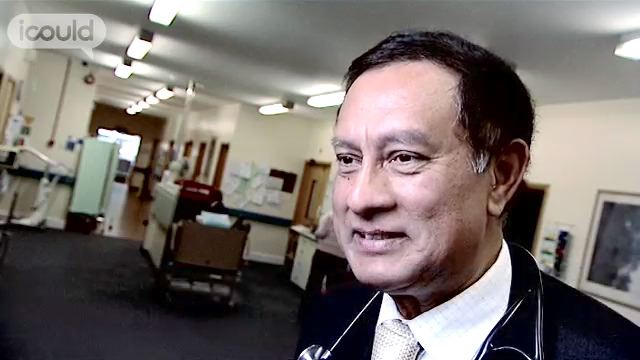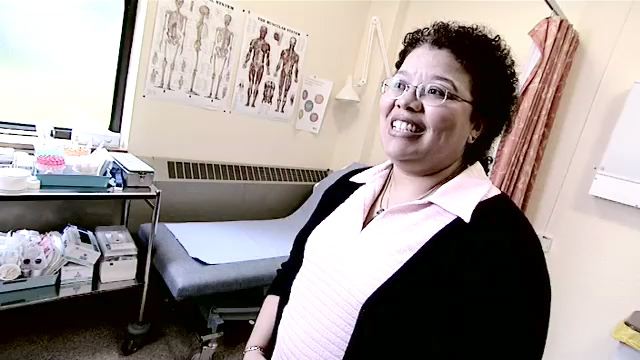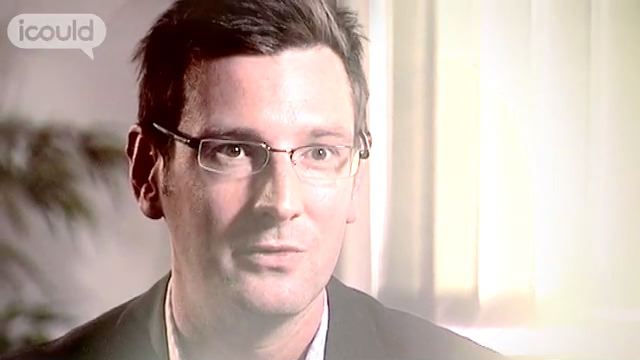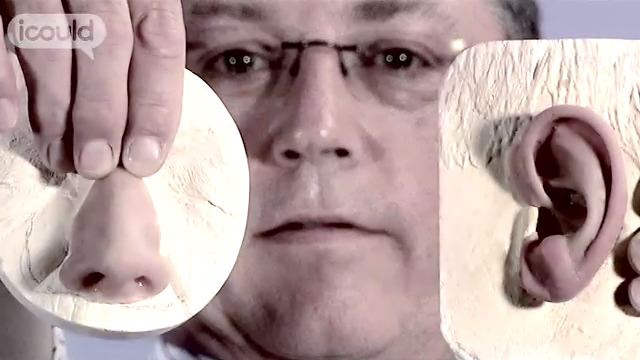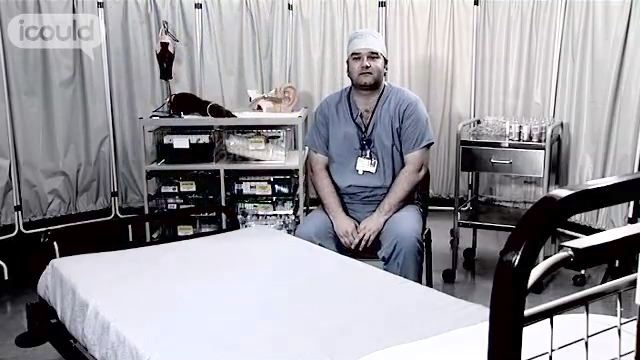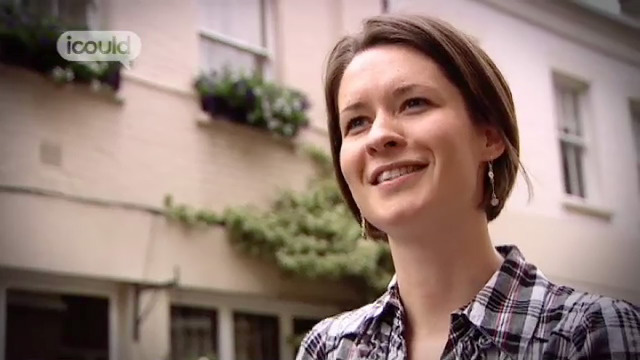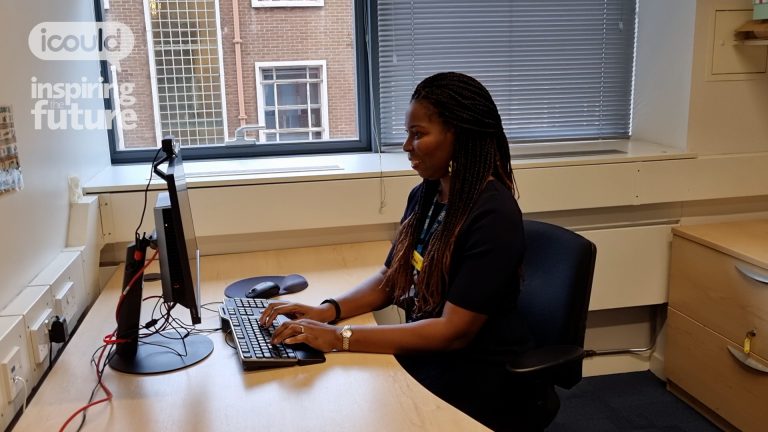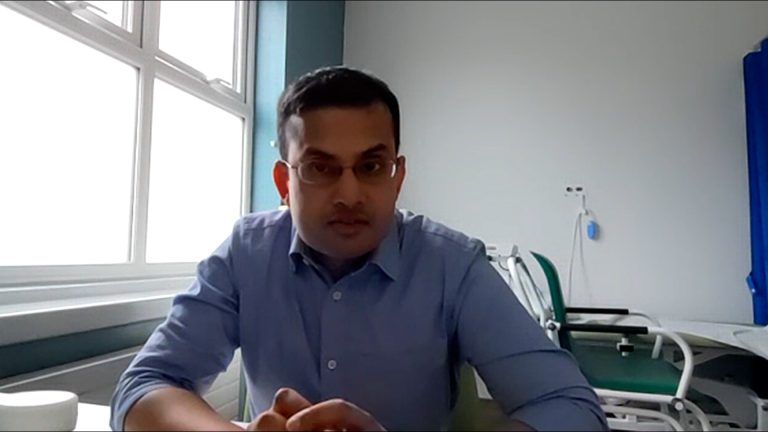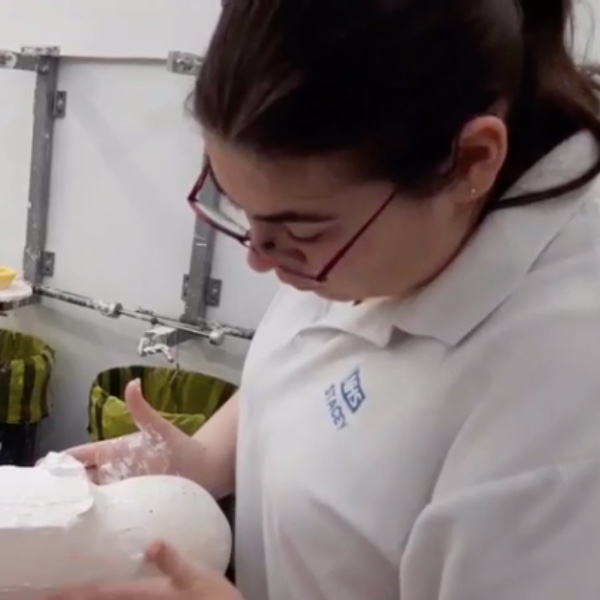Trainee GP
Kings College Hospital NHS Trust
00:00:07:01 – 00:00:11:03
Hi, my name is Kyaw, and I’m a doctor training to be a GP.
00:00:11:22 – 00:00:16:15
My job involves working at GP practice, seeing patients who come into the surgery
00:00:17:04 – 00:00:22:07
having consultations over the telephone and making house visits.
00:00:24:06 – 00:00:26:07
It’s very long hours – I get in at 8.30
00:00:26:07 – 00:00:29:12
I don’t finish until 6:30 and it’s pretty much nonstop.
00:00:31:15 – 00:00:34:04
I think one of the best things about being a GP
00:00:34:11 – 00:00:37:05
is that you don’t know who’s going to walk in through that door so
00:00:37:05 – 00:00:40:02
you don’t know what cases you’re going to be presented with.
00:00:40:09 – 00:00:45:10
It might be a simple call to a skin rash to someone expressing chest pain
00:00:45:12 – 00:00:49:12
so that variety is always interesting and always keeps things fresh.
00:00:50:23 – 00:00:53:00
The drawbacks are the long hours.
00:00:53:02 – 00:00:55:04
It’s the constant pressure.
00:00:55:04 – 00:00:59:03
But you tend to work in teams, as you do in a lot of medicine,
00:00:59:14 – 00:01:02:11
and just the interactions with your team members
00:01:03:03 – 00:01:05:00
just really helps you to get through the day.
00:01:06:23 – 00:01:10:00
I’ve taken a very unconventional route into medicine.
00:01:10:01 – 00:01:11:23
I didn’t really enjoy school.
00:01:11:23 – 00:01:13:06
I was never good at exams.
00:01:13:06 – 00:01:16:21
I sat through GCSEs and A-levels, did very badly,
00:01:17:07 – 00:01:19:03
but managed to scrape into university somehow.
00:01:19:03 – 00:01:24:05
For my A-levels, I chose biology, chemistry and maths I think
00:01:24:05 – 00:01:29:05
I did a degree in biotechnology, which is completely unrelated to medicine.
00:01:29:11 – 00:01:31:14
I didn’t know what I wanted to do with my life.
00:01:31:16 – 00:01:35:21
And then I went on to do a masters in IT – again had no idea
00:01:36:20 – 00:01:39:07
what I wanted to do, where I wanted to go.
00:01:39:08 – 00:01:43:01
So I then spent the next seven to ten years of my twenties
00:01:43:01 – 00:01:45:18
just travelling around, doing odd jobs, living in different countries.
00:01:45:22 – 00:01:48:19
And it wasn’t until my early thirties
00:01:48:19 – 00:01:52:10
I’d say that I thought, I want to pursue medicine.
00:01:53:18 – 00:01:56:13
I think the first thing I’d say is resilience.
00:01:56:17 – 00:01:58:18
You are going to encounter failures
00:01:59:04 – 00:02:02:15
either on a professional level, on a personal level, you will fail exams
00:02:03:01 – 00:02:07:12
and you’ve got to have that inner core of belief in yourself
00:02:07:15 – 00:02:11:05
and to have that stubbornness and just to get through it.
00:02:11:19 – 00:02:14:08
So resilience, I think you’re going
00:02:14:08 – 00:02:17:08
to be working in teams throughout your medical career
00:02:17:12 – 00:02:20:11
and sometimes you might encounter people you don’t get on with
00:02:20:16 – 00:02:22:18
You’ve just got to be professional about it.
00:02:22:18 – 00:02:26:22
And yeah, and learn how to work with people and have empathy
00:02:27:04 – 00:02:28:09
with not only your colleagues
00:02:28:09 – 00:02:30:23
but more importantly, your patients
00:02:31:00 – 00:02:34:12
And the most important thing is never lose sight of the fact that you’re there
00:02:34:18 – 00:02:37:10
to help your patients.
00:02:39:10 – 00:02:40:19
For my own experience, what I want to say is that it’s OK, it’s
00:02:40:19 – 00:02:42:21
OK that you don’t know what you want to do
00:02:42:21 – 00:02:45:23
when you’re in your early twenties, or in your mid twenties or even late thirties.
00:02:45:23 – 00:02:48:02
I think there are always options out there.
00:02:48:02 – 00:02:53:18
And if you if you have, you know, you set your mind to it, you will get there somehow.
“It’s OK that you don’t know what you want to do when you’re in your early twenties, or in your mid-twenties or even late thirties. I think there are always options out there.”
Kyaw has taken an unusual route into medicine. After a degree in biotechnology and a master’s in IT, he spent the next ten years living in different countries and doing odd jobs, before deciding to become a doctor.
More information about Generalist medical practitioners
The UK average salary is £29,813
There are 37.5 hours in the average working week
The UK workforce is 47% female and 53% male
Future employment
- Examines patient, arranges for any necessary x-rays or other tests and interprets results
- Diagnoses condition and prescribes and/or administers appropriate treatment
- Administers medical tests and inoculations against communicable diseases
- Supervises patient’s progress and advises on diet, exercise and other preventative action
- Refers patient to specialist where necessary and liaises with specialist
- Prepares and delivers lectures, undertakes research, and conducts and participates in clinical trials
- Supervises the implementation of care and treatment plans by other healthcare providers
